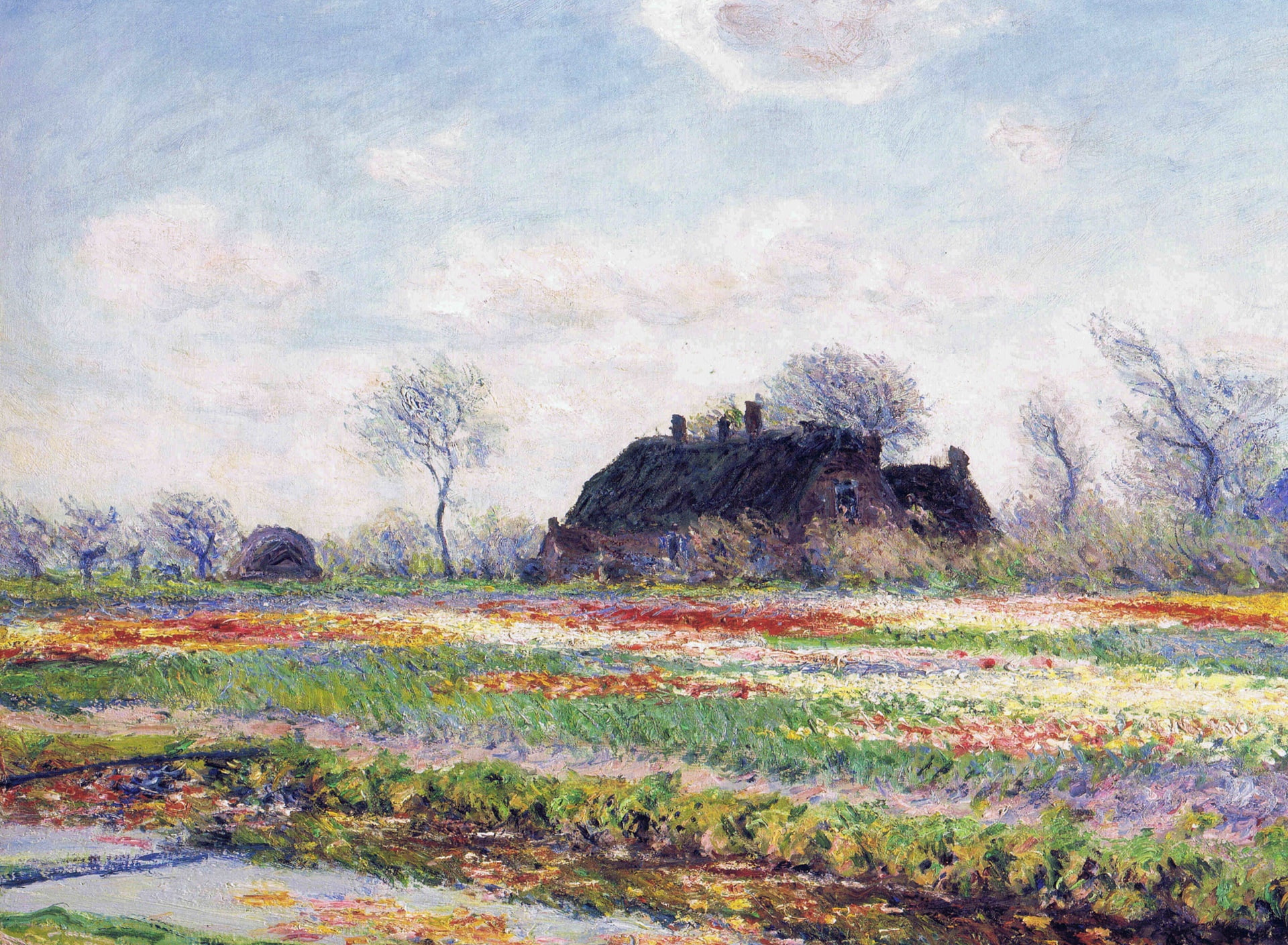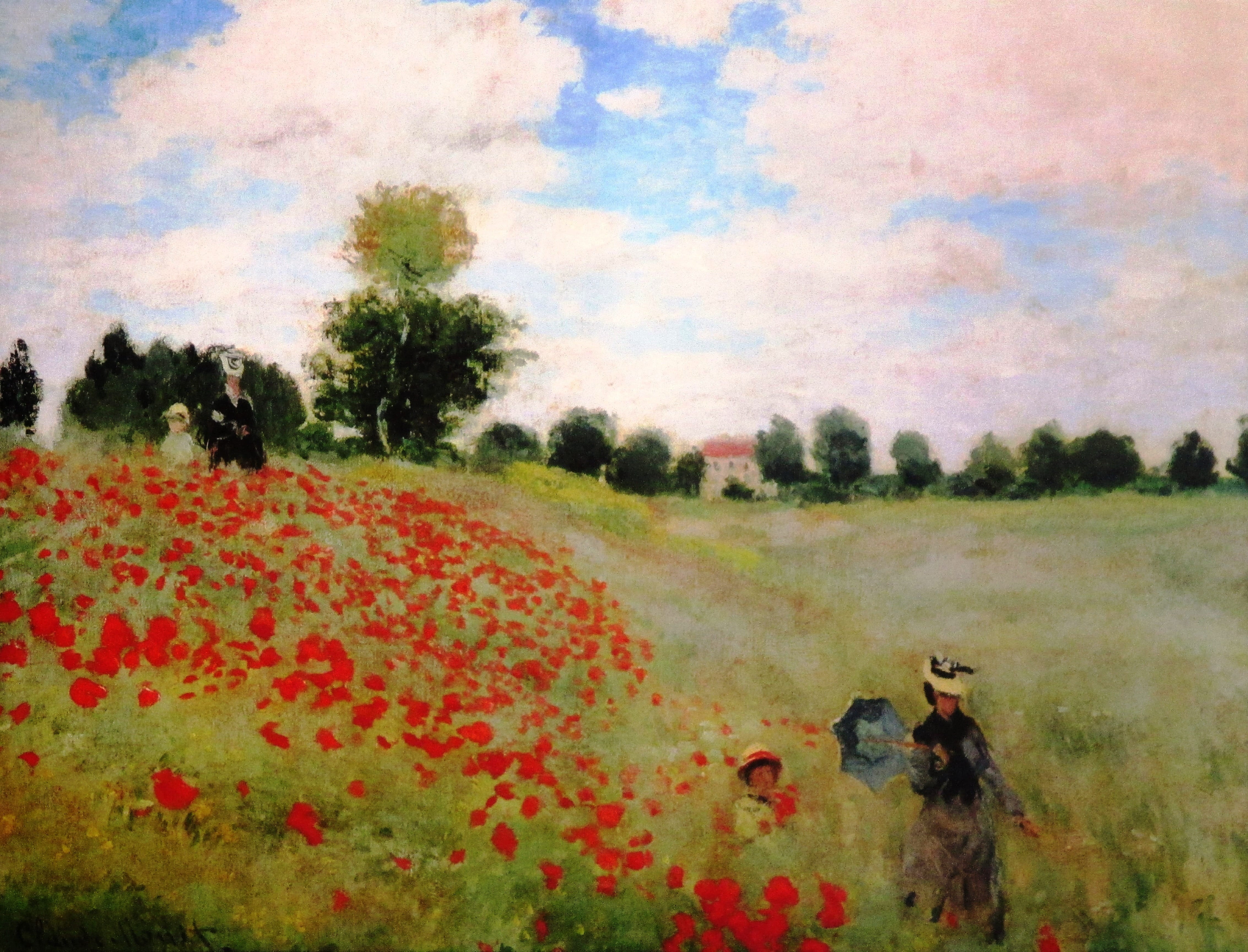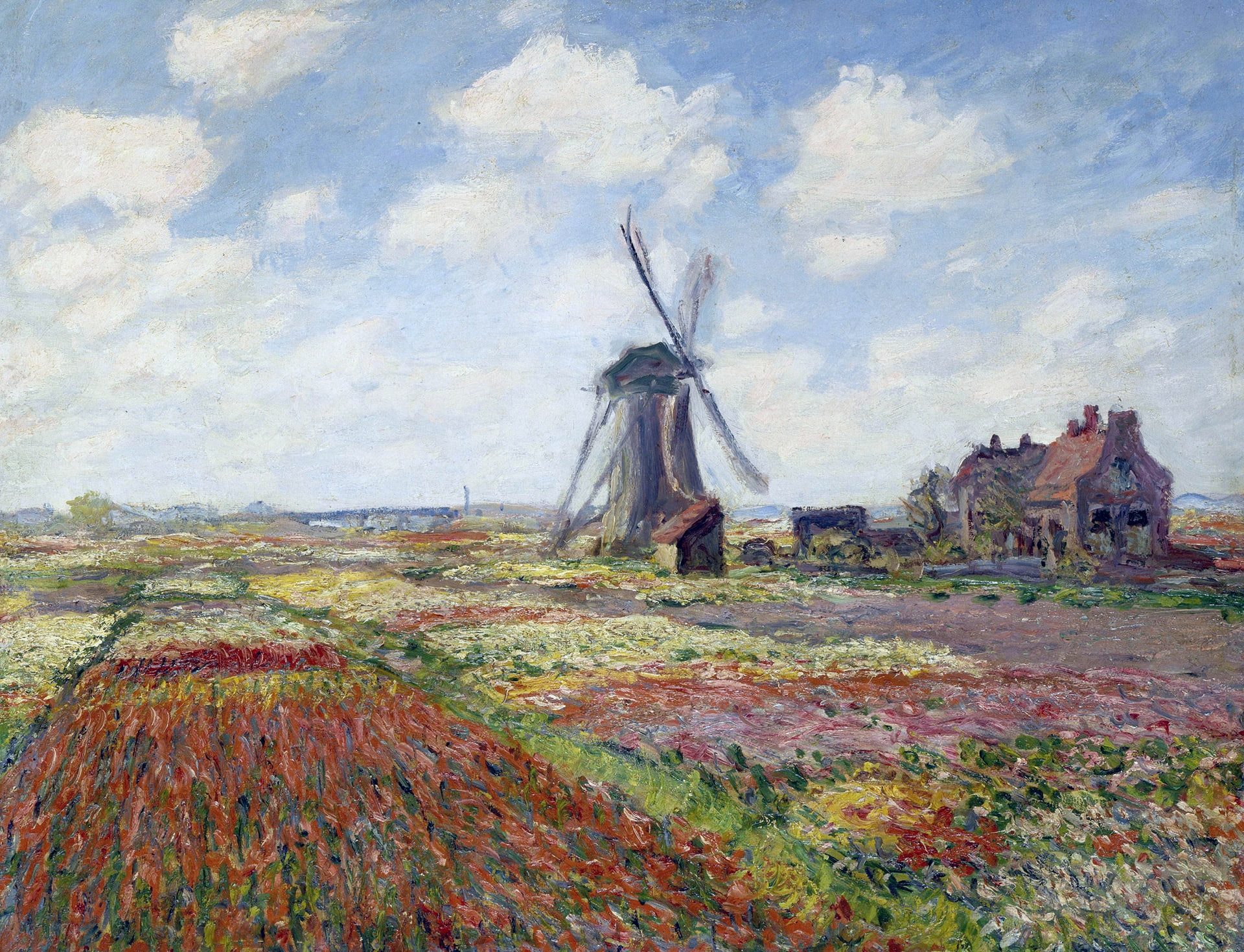he market at dawn moved with the steady confidence of a ritual long practiced: vendors arranged their
The market at dawn moved with the steady confidence of a ritual long practiced: vendors arranged their stalls like chess players setting pieces, each fruit and vegetable carefully angled to catch the first honest light. Piles of citrus gleamed with a waxed, sun-ready sheen; crates of tomatoes leaned against one another, promising summer even if the season felt distant; a woman sold sprigs of thyme and oregano bundled with twine, their green scent rising in small, commanding waves. Around the edges, an elderly man sold newspapers whose headlines seemed scandalized by yesterday's politics but were handled with the same gentle care as the loaves of sourdough stacked beside him. Children darted between legs, bargaining with pocket change for candied nuts while their parents negotiated prices for fish that still smelled of the night tide. A florist with ink on her fingers—proof of last night's arrangements—offered tiny, imperfect bouquets at reduced prices and told jokes to coax smiles; customers left holding blossoms that made sidewalks feel like secret gardens. The air carried a mixture of aromas: frying dough from a breakfast cart, the metallic tang of iced seafood, the faint perfume of coffee steaming in paper cups. Conversations overlapped in a tapestry of accents and dialects, each vendor's cadence a stitch in a communal fabric: a butcher humming an old song as he trimmed, a baker calling out the day's specials like a herald, a teenager recommending a new tea with the earnestness of a missionary. Stray cats wove through the crowd on mission-minded paws, pausing only to inspect the backs of chairs or the corners of boxes as if auditing the scene. Near the entrance, a street musician tuned a battered guitar and then played a few notes that caught on like a thread; people paused, transactions taking on a softer tempo as coins were exchanged to the rhythm. An argument erupted briefly over the ripeness of avocados, voices pitched but not cruel, and was resolved with a shared laugh and an offered recipe—food as diplomacy. Sunlight climbed higher and the market shifted: shade became warmth, vendors rearranged their displays to hide bruises, and the pace quickened as latecomers made their rounds. A man in a paint-splattered coat walked through with a small canvas under his arm, nodding to familiar faces; he stopped to sketch a woman arranging peaches, capturing her hands in the exact moment they curved fruit into place. By mid-morning the market felt less like a place and more like a living ledger of the neighborhood—each stall a line item in a ledger of care, trade, and memory. When I left, the soundscape lingered: shouts, laughter, the soft rustle of paper bags. In the space between stalls, leftover sunlight pooled like a promise that tomorrow, or the next day, the same choreography would begin again—quiet, irrepressible, endlessly renewing.










